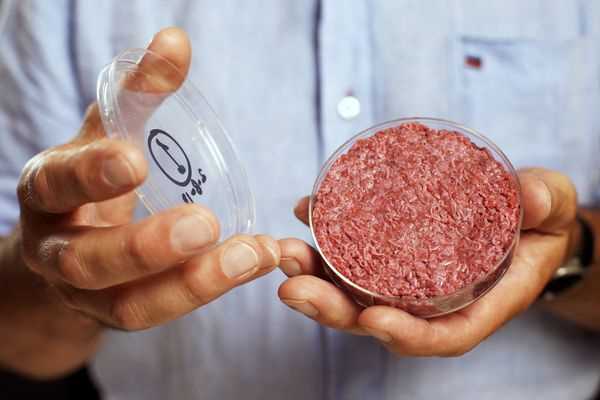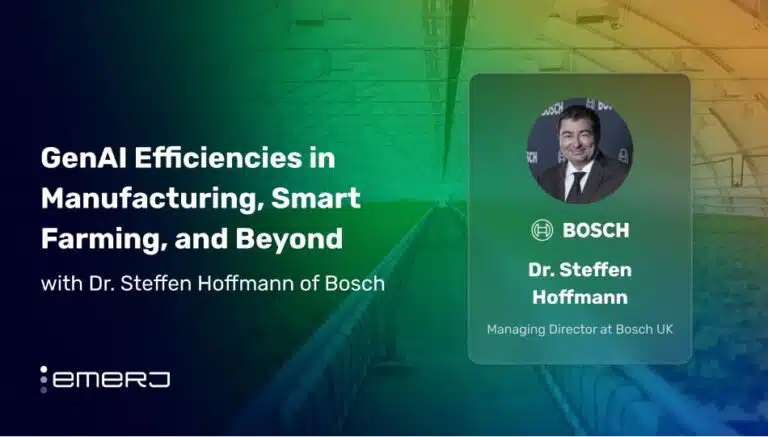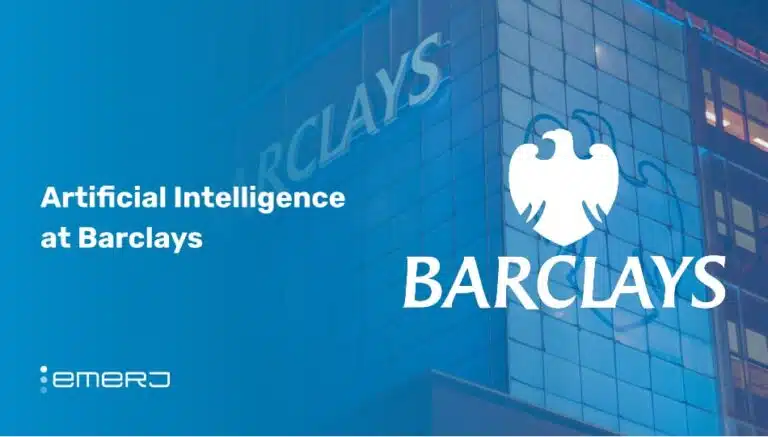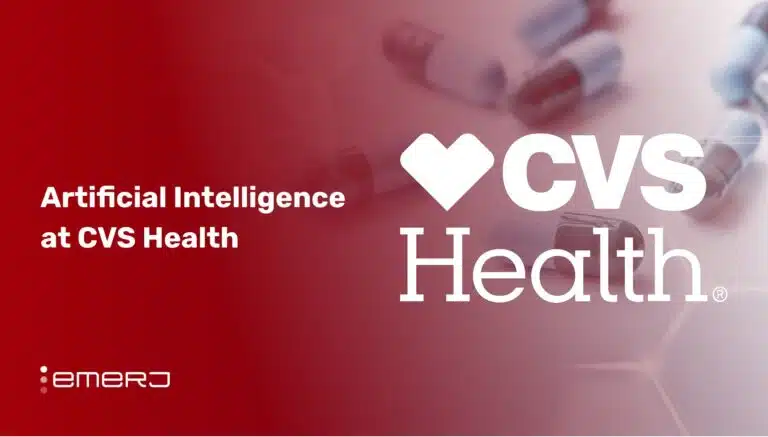Sustainable fast food. This idea seems a closer reality, with the first stem-cell-grown ‘burger’ put on a plate for taste-testing this week as related by a blog post from NPR’s the salt. The verdict? A bit of an unnatural experience, all around; however, the implications are profound, reflected by the interest and support of Google co-founder Sergei Brin, who stated that this is a technology that has the potential to change “how we view the world.”
The 20,000 individual muscle fibers that composed the burger were the labor-intensive product of Mark Post, a vascular physiologist at Maastricht University in the Netherlands. The technology of cell culture rests upon a foundation built over decades by Dutch scientists, the same techniques used to successfully develop artificial livers and other body organs.
For supporters of this technology, stem-cell grown meat holds the promise of producing large quantities of food from just a few animals, with potentially life-changing ramifications for the state of the environment, animal welfare, and the global economy. Beef is the prime and only target at the moment, considering that the production of conventional beef is the most resource-intensive.
But even in light of a novel and seemingly more animal- and environment-friendly commodity, there remain prominent ethical considerations – for the animals. At present, the burger cells are grown in a medium that includes fetal bovine serum i.e. the blood of unborn baby cows. A non-animal based growth medium is supposedly in the works. There also technical and efficiency concerns. This debut burger took three months to mature, and has a current price tag of $31.50 a pound. The cost and the resources that would be required by biotech companies to produce the meat still outweigh the potential pros. Still, Post believes that this technology can evolve to produce grocery-ready burgers in another 10 to 20 years. This is dependent, as always, on funding to support further research efforts.
One other consideration for improvement? The taste and texture. The burger grown by Post is all muscle – figuring out how to grow fat in-vitro remains to be conquered. The was tasted by Austrian Food Scientist Hanni Rutzler and Journalist and Author Josh Schonwald, who described it as a bit “intense and tough”, with a flavor close to meat. Social and psychological hurdles would also need to be overcome – basically, the idea that meat grown in a dish is not quite right, not ‘real’ food.
Of course, all of the above-related issues seem modest in comparison to the future state of humanity. In bright font on the homepage of culturedbeef.net (site no longer active), associated with Maastricht University, is the reminder of ever-increasing food shortages, that the demand for meat is expected to rise by more than two-thirds. Not to overshadow the fact that we currently use 70% of farmland for the production of livestock, the cause of 15% of annual greenhouse gas emissions. The further development of this technology seems to have entered stage right just in the nick of time.


















